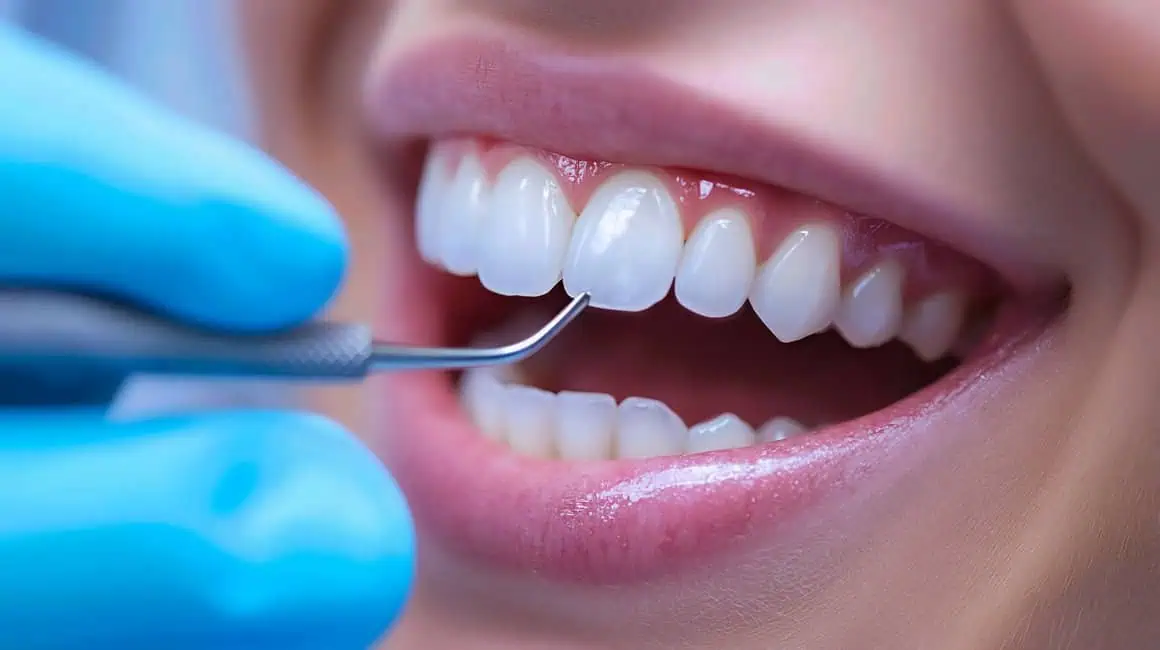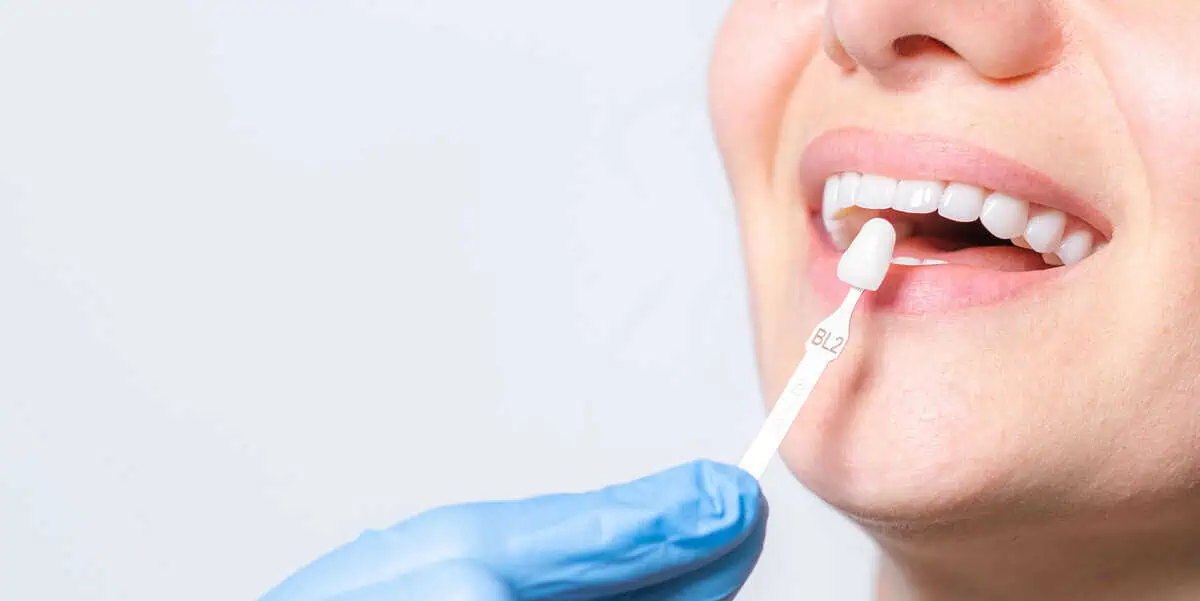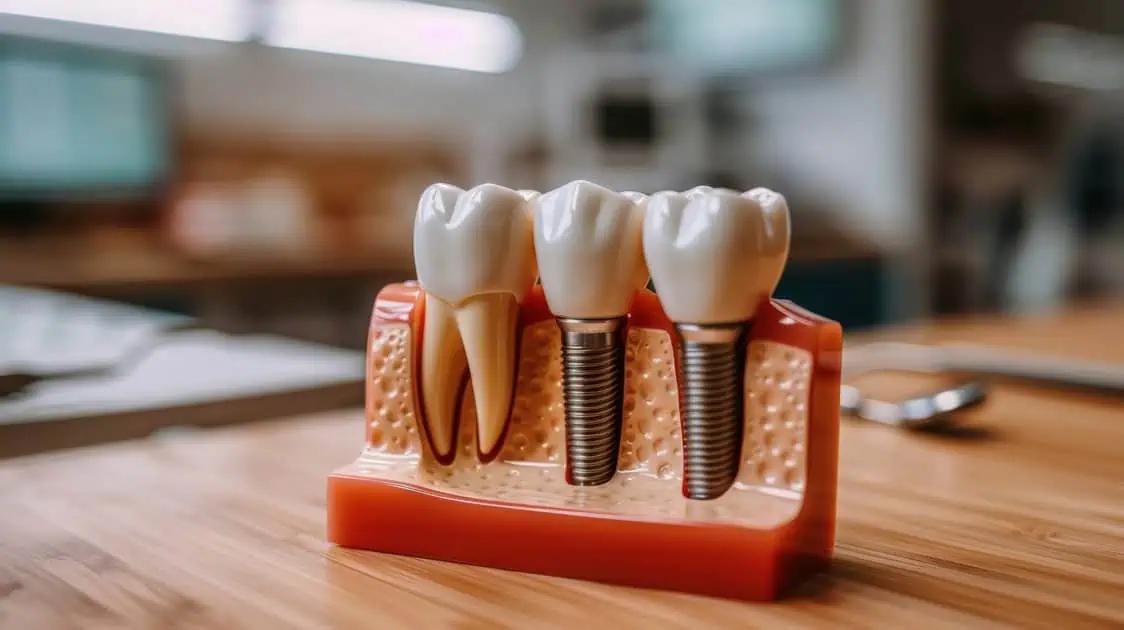
How Restorative Dentistry Can Address Tooth Decay and Damage
Maintaining a healthy smile isn’t just about appearances—it’s an investment in your overall health. Tooth

How Veneers Can Instantly Fix Gaps, Stains, and Misaligned Teeth
A confident smile speaks volumes, yet many people shy away from showing theirs due to

What is Smile Shaping? How It Can Perfect Your Smile
A confident smile can leave a lasting impression. But if uneven, chipped, or slightly misshapen

Why Invisalign Is the Best Choice for Straightening Your Teeth
Have you ever considered having a straighter smile but dreaded wearing metal braces? While effective,

Preventative Dental Care for Kids: Establishing Good Habits Early
Teaching kids the importance of oral health from a young age is one of the

How Restorative Dentistry Can Fix Common Dental Issues
A healthy, confident smile is vital for overall well-being, but dental issues like cavities, missing
GET IN TOUCH

